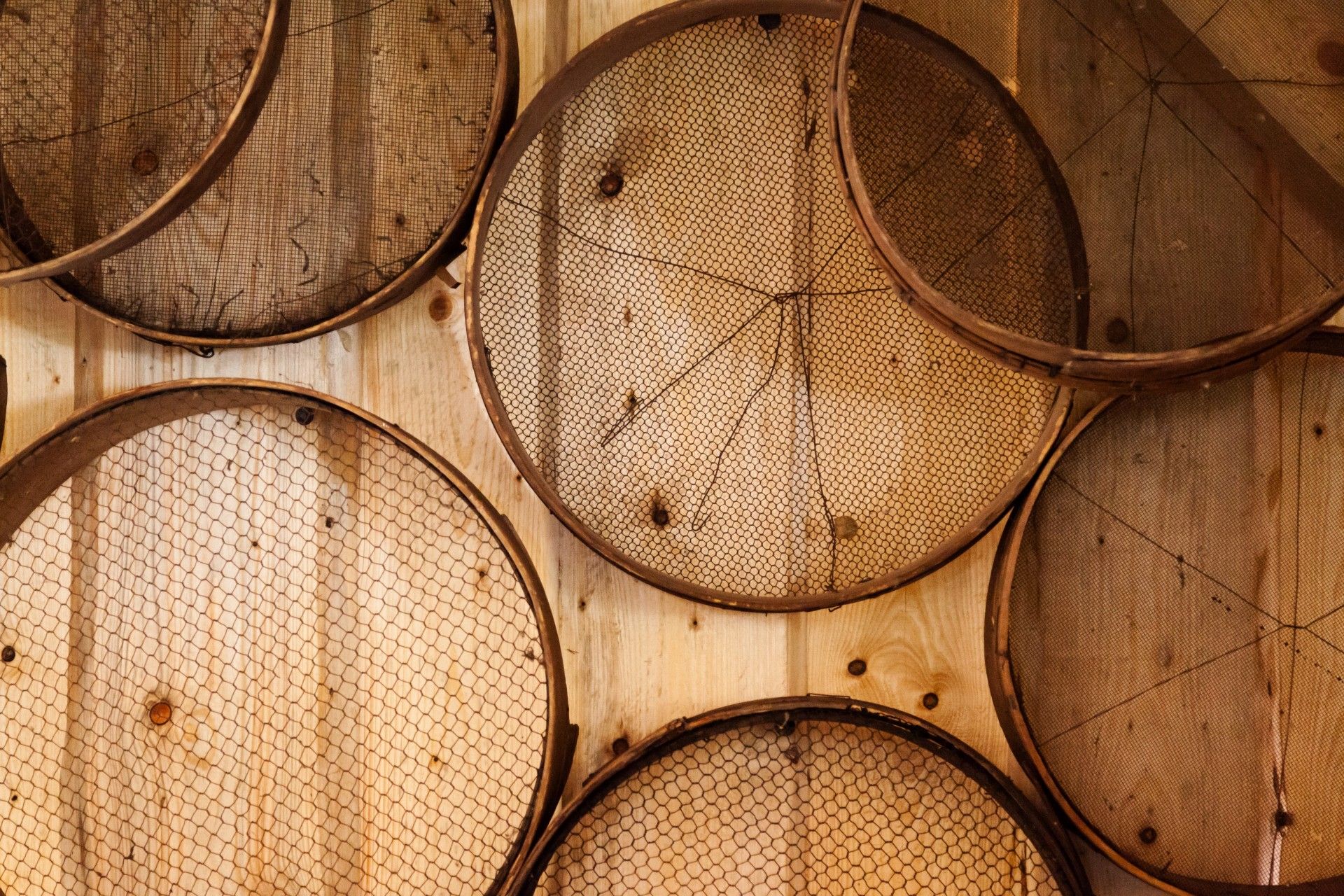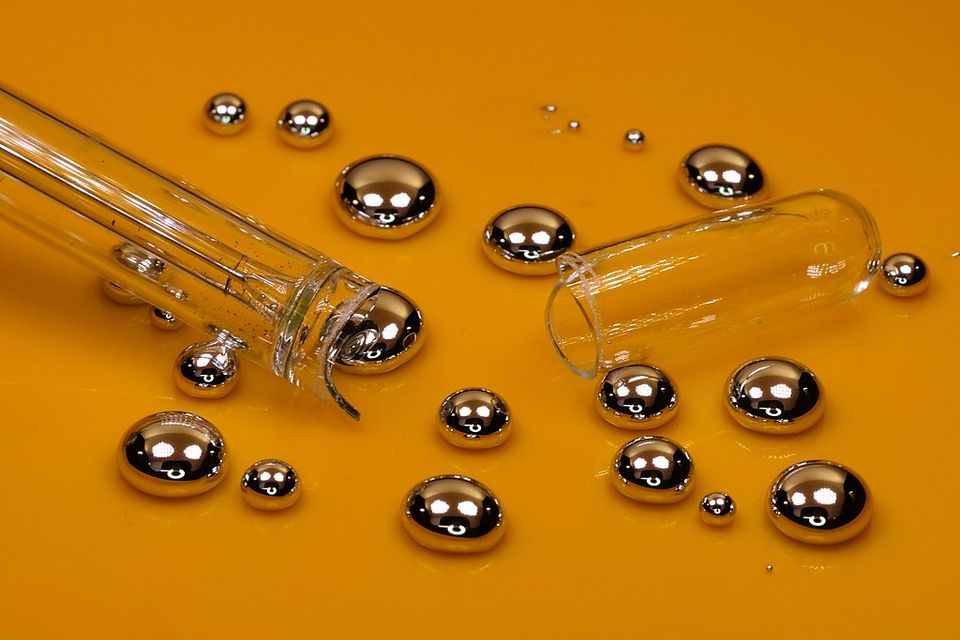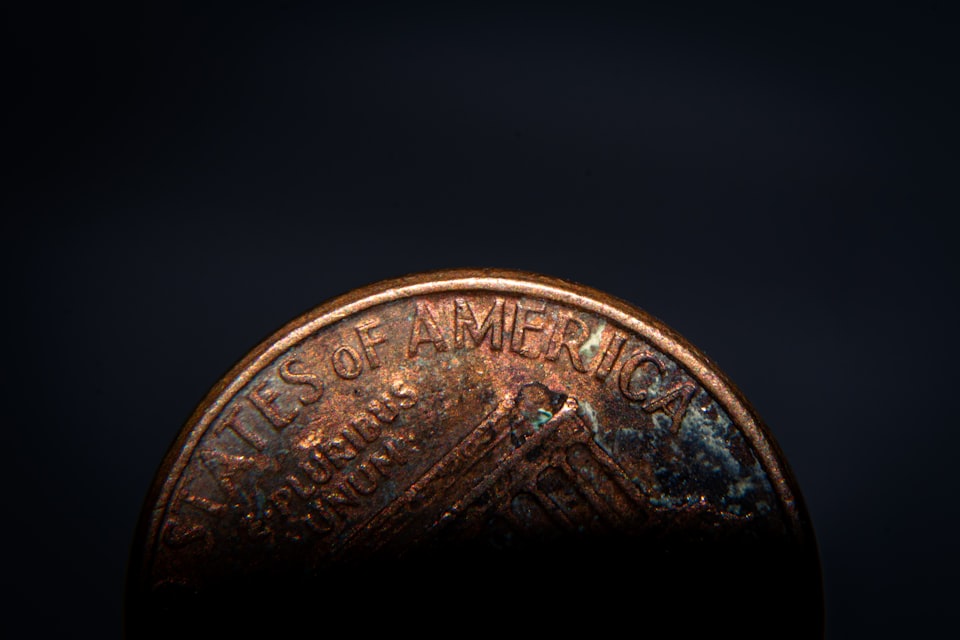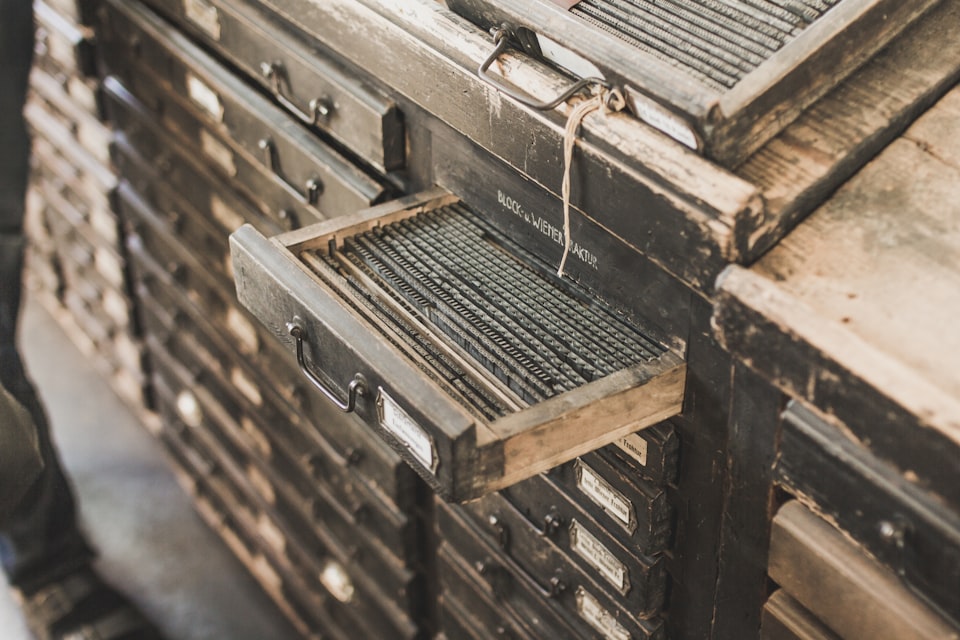IV: Copper
How much is copper really worth?
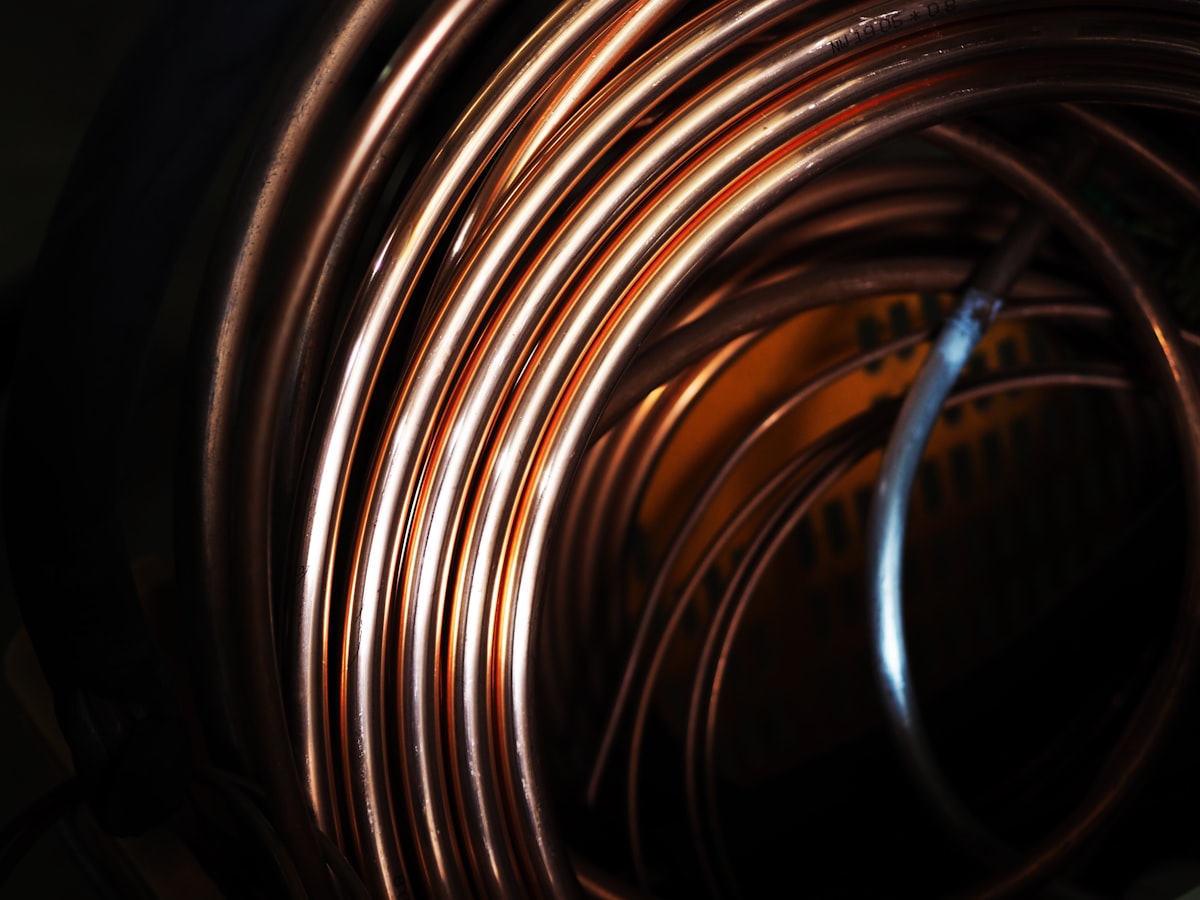
Good morning. Today is quartidi, the 24th of Nivôse, Year CCXXXI. We celebrate le cuivre, a valuable metal for conducting electricity.
You've heard the stories of people stealing odd objects just to get at the copper. Almost every modern industrial appliance needs copper to some extent, either for its property of conductivity or its ability to transport water without corroding. The key is that copper is perfectly recyclable. Melt it down and you have the same amount of metal you began with (give or take spillage) and can remold it to whatever purpose you need. It's a clean commodity.
Like gold. One reason, besides aesthetics, that gold has remained the standard bearer of money-ness throughout history and across cultures is that same recyclability. Get your hands on gold, and you can shape it into whatever currency you designate, or whatever object of awe-inspiring wealth you desire. But gold is rarer than copper, and less durable, and far less useful. In our utilitarian times, is copper more valuable than gold?
The answer is an economic dance that many people believe has the power to predict the future.
